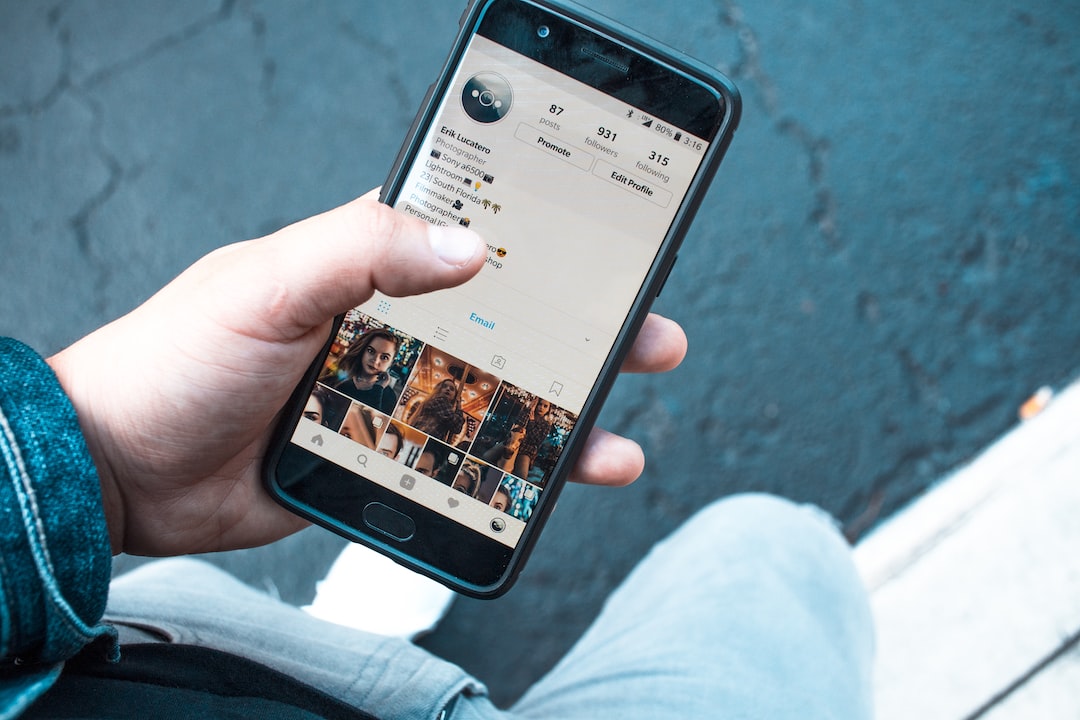Exploring the Rise of Influencer Culture: Is Authenticity Still Relevant?
In recent years, we have witnessed an exponential rise in the influence and impact of social media on our lives. Platforms like Instagram, YouTube, and TikTok have given birth to a new breed of celebrities known as influencers. These individuals have garnered a massive following, and their opinions and recommendations hold significant weight in shaping consumer behavior. However, as influencer culture continues to evolve, the question arises – is authenticity still relevant?
Authenticity has long been touted as a crucial aspect of personal branding and social media presence. It represents being true to oneself and genuinely connecting with followers. In the early days of influencer marketing, authenticity was seen as a differentiating factor. Influencers who shared genuine experiences and opinions could build trust with their audience and establish long-lasting relationships. But as the realm of influencer marketing expanded, authenticity began to be questioned.
One of the main challenges influencing authenticity in the age of influencers is the monetization of content. As influencers grow their audience, they become attractive marketing assets for brands. Collaborations and sponsored content have become the norm, and influencers are often paid handsomely for promoting products. While this may seem to undermine authenticity at first glance, many influencers have successfully balanced brand partnerships with maintaining their genuine voice.
Some argue that influencer marketing has become too commercialized, with influencers selling their souls to the highest bidder. There have been instances where influencers have promoted products without genuine belief in their quality or compatibility with their audience. This type of behavior not only erodes authenticity but also damages the trust built with followers. However, many influencers understand the importance of maintaining authenticity and carefully select partnerships aligned with their values and audience preferences.
The rise of influencer culture has also given birth to a new phenomenon known as “authenticity paradox.” This paradox is the result of influencer content becoming so polished and curated that it appears staged and inauthentic. Influencers often create an idealized version of their lives, showcasing only the highlights and the perfectly filtered moments. This has led to criticism that influencers’ lives are unrealistic and unrelatable, raising questions about their authenticity.
However, it is important to acknowledge that influencers are content creators, and like any artist, they have the freedom to curate their work. Their ability to create visually appealing and aspirational content is part of what attracts followers. The key lies in finding the balance between showcasing an aspirational lifestyle while remaining relatable and authentic.
Another aspect contributing to the evolution of authenticity in influencer culture is the rise of social issues and activism. Influencers now hold a considerable platform, and many are using it to voice their opinions on societal matters. In the recent past, influencers have been at the forefront of raising awareness about important issues, such as climate change, mental health, and racial equality. In these cases, authenticity is vital. Followers want to see genuine passion and commitment to these causes. Influencers who use their influence for positive change can strengthen authenticity and build deeper connections with their audience.
It is worth noting that authenticity is not an absolute concept. It can be subjective and can vary depending on individual preferences and cultural backgrounds. What may appear authentic to one follower may seem inauthentic to another. Therefore, it is essential not to dismiss influencers en masse but to evaluate their content and actions with a critical eye.
So, is authenticity still relevant in the age of influencer culture? The answer is a resounding yes. While the landscape may have become more complex and challenging to navigate, authenticity remains the backbone of influencer marketing. Influencers who build their personal brand on trust, genuine engagement, and real connections will continue to thrive. Similarly, followers will continue to seek relatable and trustworthy influencers who align with their values.
Ultimately, the rise of influencer culture has forced us to redefine authenticity. It is no longer about unfiltered moments or a complete lack of curation. Instead, it is a delicate balance of showcasing an aspirational lifestyle while staying true to oneself and engaging in meaningful conversations with followers. Authenticity will always be relevant, but its interpretation and execution may continue to evolve as the influencer landscape progresses.

